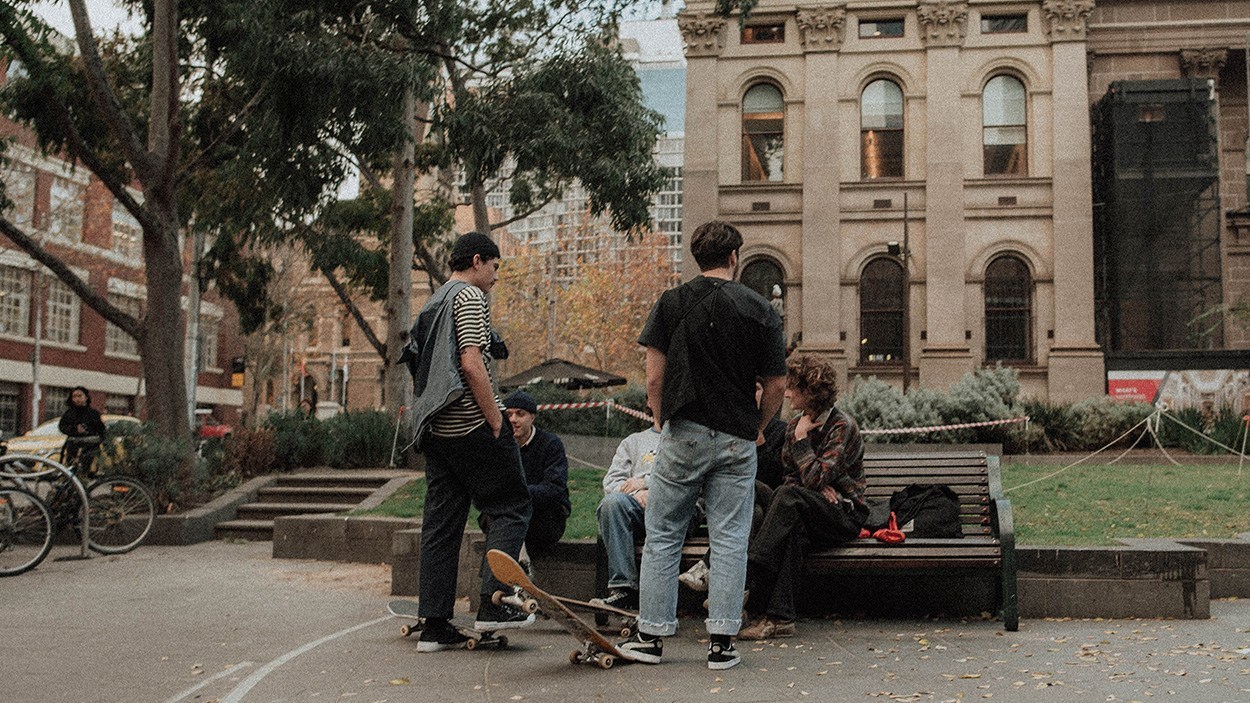America’s Opioid Epidemic
Over 47,000 people died from overdosing on prescription opioid painkillers in 2017, many of whom were parents. When news stories focus on the toll of America’s opioid epidemic, they often overlook the fact that thousands of children lose their caregivers to these medications every year. Even if these parents don’t pass away or overdose, their lives revolve around prescription painkillers – using them, obtaining them, and maintaining their addiction – which may result in their children being neglected or removed from the home.
It’s often said that addiction is a family disease – it affects all members of the family unit, including spouses, siblings, and children. As we consider the country’s opioid epidemic, it’s important to protect kids and young adults from becoming a part of the vicious cycle of addiction.
A Children’s Health Crisis
The National Institute for Children’s Health Quality recently challenged its supporters to consider treating the opioid epidemic as a children’s health crisis. They state that this issue is especially prevalent in rural communities where poverty is related to poor physical and mental health, healthcare access is limited, opioid prescription rates are higher, and treatment programs are less readily available.
“It’s a cycle of poverty, abuse, and poor health outcomes, and it’s especially frightening when we think about children,” says Elizabeth Coté, NICHQ’s Chief Health Officer.
Children of Opioid Addicts
First, it’s important to understand that the severity of America’s opioid epidemic varies by state. While California and New York generally prescribe 60 opioids for every 100 people, West Virginia and Kentucky possess rates of 100 prescriptions per 100 people. Furthermore, five out of every 2,000 children are removed from homes due to parental substance abuse in West Virginia.
Children of opioid addicts are almost two times more likely to attempt suicide than children of parents who are not addicted to prescription painkillers. Studies show an association between a parent’s opioid addiction and worsened mother-child attachment, as well as suboptimal child developmental and behavioral outcomes. Additionally, children of people with substance use disorders are more likely to develop addictions themselves.
With all of this in mind, there is no shortage of reasons to keep children and young adults from the harmful effects of opioids.
How We Can Protect Children & Young Adults
Several states are taking steps to restrict the amount of opioid medication that can be prescribed at any given time. The reason for this is simple. Many teens obtain prescription medicines from their parents and grandparents. If adults in the house are given 30 days of medication at a time, it’s highly likely that there will be pills remaining. These leftovers create potential for abuse.
Additionally, physicians are beginning to prescribe alternate solutions for pain management, especially for young adult and teen patients. Below are some ideas for how you can protect your teens from opioid use.
- Keep medications in a secure location where children cannot access them.
- If your children visit grandparents or other relatives who have opioid medications, ask hosts to store prescriptions in a safe place.
- Dispose of leftover or unused prescriptions you no longer need by returning them to the pharmacy or attending a drug take back event. Don’t throw them in the garbage or flush them down the toilet.
- Know the company your child keeps and steer them away from friends who seem to be bad influences.
- Talk to your teen about drugs and alcohol, encouraging open, nonjudgmental communication. Value relationship over “good behavior.”
- Set a good example of health and decision-making.
- Give your teen positive, affirming feedback when they make good choices.
Lakeside-Milam Can Help
Lakeside-Milam believes that families and adults deserve a brighter tomorrow, free of the influence of drugs and alcohol. If you know someone who needs addiction treatment for an opioid dependency, there is hope. Give us a call at 800-231-4303 to discuss your options with our compassionate admissions team.






